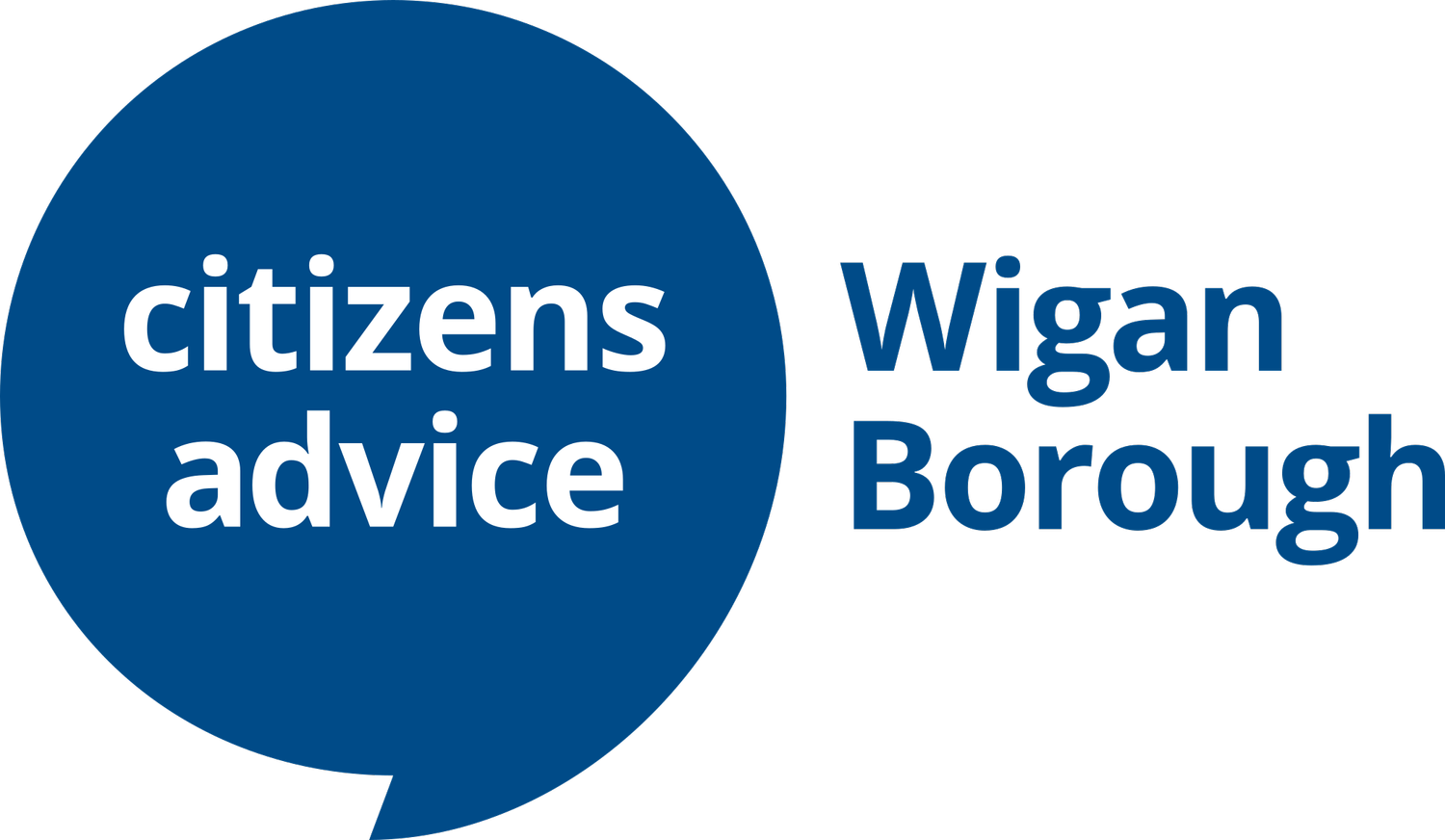Key outcomes from the Spring Statement 2022 and what they mean for your finances
*PLEASE BE AWARE THIS IS AN OLDER POST AND THERE MAY BE A MORE UP TO DATE POST, OR UPDATED INFORMATION AVAILABLE ON https://www.citizensadvice.org.uk/ *
On 23 March, the government unveiled the 2022 Spring Statement. We’re providing you with an overview of the key outcomes from this year’s mini-budget and letting you know how your finances may be affected.
Fuel Duty Cut
Rishi Sunak announced that Fuel Duty has been cut by 5p until March 2023 to combat record high fuel prices, and this came into force on the evening of the 23rd.
Fuel duty is a tax that's placed on the sale of fuel, and is included in the overall price you pay for fuel. The government has said that the cut “represents savings for consumers worth around £2.4billion over the next 12 months”, but the RAC say it will only take prices back to where they were a week prior to the Spring Statement.
National Insurance contributions (NICs) threshold raised
The National Insurance contributions threshold is set to be increased by £2,690 to £12,570, up from £9,880. The increase will commence in July 2022 and will remain in place until April 2026, alongside the personal allowance thresholds. This means that you will only make National Insurance contributions on anything you earn over £12,570.
It’s said that the average employee will save over £330 this year from the threshold increase. Use this income tax calculator to find out what impact this increase will have on your monthly take home pay for the 2022/23 tax year.
Basic rate of Income Tax cut
The government plans to decrease the basic rate of income tax from 20p to 19p before the end of Parliament in 2024. The current ‘basic rate’ tax band (as of April 2022) is those earning between £12,251 and £50,270.
When this comes into effect, those who fall within this tax band will pay 1p less to the pound on anything they earn over the personal allowance amount.
Household Support Fund doubled for 2022/23
The Chancellor plans to double the Household Support Fund from £500million to £1billion. The fund was first introduced in September last year to support councils helping vulnerable households being hit by the energy and cost of living crises by helping them with essential costs like food, energy and water bills.
As costs continue to rise, an extra £50million will be injected into the fund. You can check if you are eligible to apply to Wigan Council for the Household Support Fund on their website, and find out what support is available through the fund.
VAT on energy saving materials reduced
From April, VAT on ‘energy-saving materials’ will be cut from 5% to 0% for the next 5 years. This includes materials like solar panels, heat pumps and insulation. Wind turbines and water turbines will also be added to the list of ‘energy-saving materials’
If you need help or advice on an issue, get in touch with our team today - call us free on 0808 2787 801, or complete the contact form on our website.
